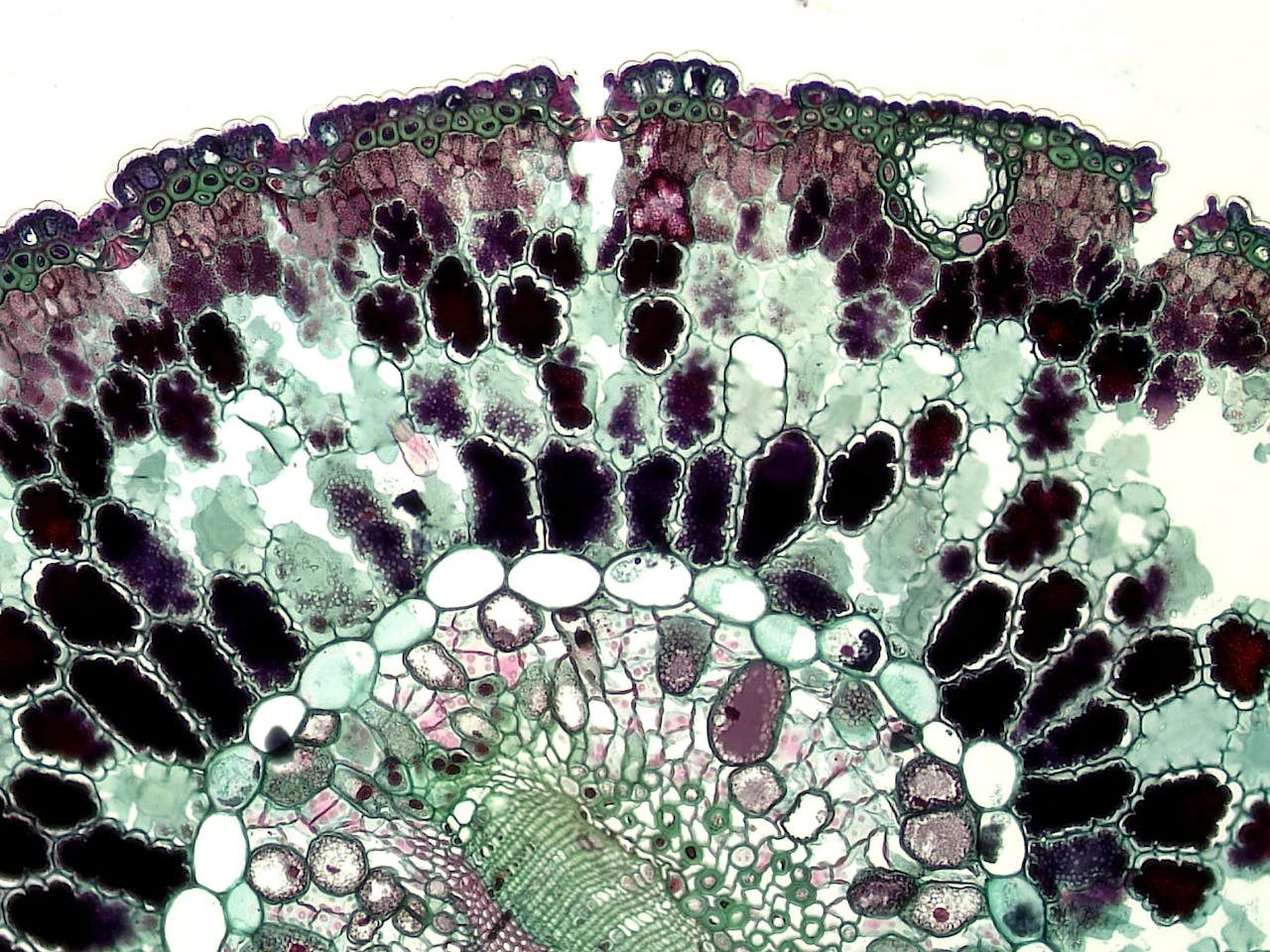
bit.bio has successfully defended its European patent for the groundbreaking opti-ox™ technology, which facilitates the precise programming of pluripotent stem cells (PSCs), including induced pluripotent stem cells (iPSCs), into any human cell type. The European Patent Office (EPO) upheld bit.bio’s European Patent (EP3545079), following an anonymous opposition filed in January 2023. This ruling solidifies bit.bio’s leadership in the field of transcription factor (TF) mediated forward programming, reinforcing its intellectual property (IP) portfolio and ensuring broad claims for the opti-ox platform.
The opti-ox technology allows for safe, consistent, and scalable production of iPSC-derived cells, positioning it as a transformative innovation in both research and therapeutic applications. With patents already granted in the U.S., China, and South Korea, and pending applications in other major markets such as Australia and Japan, bit.bio is strategically positioned to lead the next wave of cell-based therapies and research tools.
bit.bio’s CEO, Mark Kotter, praised the EPO ruling as a significant milestone for the company. “Our team’s expertise and the robust nature of our IP portfolio firmly establish us as a leader in cell programming technology,” Kotter said. The company is leveraging its multiplexed screens of transcription factors and AI platforms to expand its portfolio of iPSC-derived human cell products for research, drug discovery, and cell-based therapies.
The opti-ox technology uses a dual genomic safe harbour (GSH) approach, enabling deterministic gene expression and the rapid conversion of iPSCs into specific cell types on an industrial scale. This unprecedented consistency and scalability are critical to meeting the growing demand for iPSC-derived cells, particularly in applications such as Alzheimer’s, Parkinson’s, and other neurological disorders.
Nobel Laureate Thomas Südhof highlighted the potential of opti-ox, stating, “This dual GSH approach is the only method to ensure safe, scalable programming of PSCs, with transformational potential for research and therapeutic applications.” bit.bio’s products, including its ioCells™ for research and drug discovery, are already being recognised for their scalability, functionality, and consistency.
The global market for iPSC-derived tools is currently valued at $1.3 billion, with bit.bio projecting an addressable market exceeding $10 billion, given the opportunities in primary cells, high-throughput screening, and in vitro toxicology. Chairman Hermann Hauser emphasised the company’s potential to create a transformative business, stating, “The market for iPSC-derived therapeutics could surpass that of biologics, driving significant growth in personalised medicine and drug discovery.





